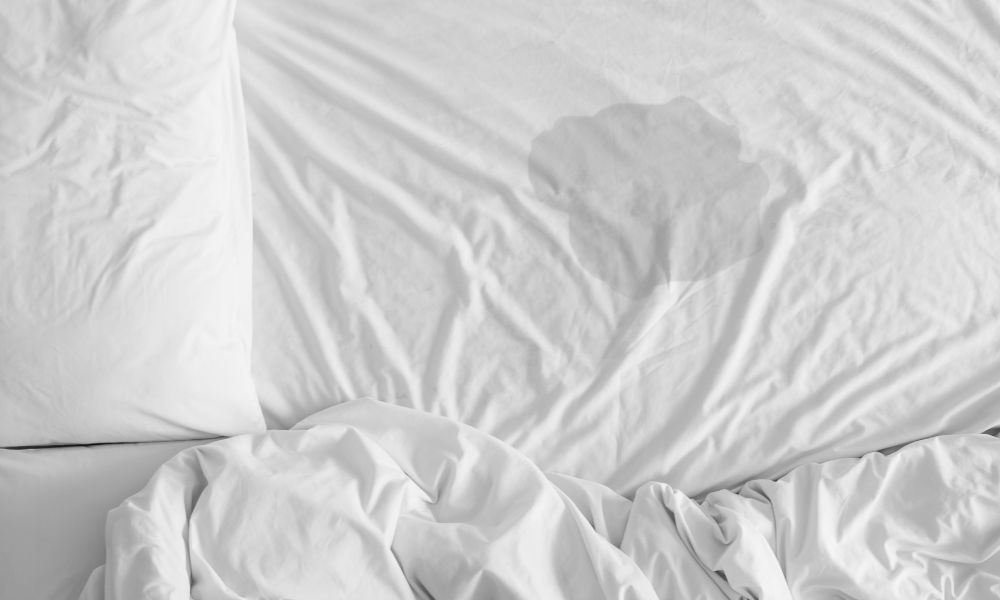The Psychological Impact of Urinary Incontinence
Posted by Jeanne Lowry on Oct 24th 2022

One thing many people forget to consider when thinking about how a medical condition can affect someone is the psychological side of things. Often, the physical elements of these issues are much more obvious than the mental ones.
One condition in which this rings true is urinary incontinence. Everyone quickly recognizes the physical problems that can occur due to it, but many forget about the emotional ones. This short guide will go over the psychological impact of urinary incontinence as well as some solutions for those experiencing these symptoms.
The Fear of Being Unaccepted
More often than not, a significant fear for those with urinary incontinence is experiencing rejection by one’s peers. Not being able to control your bladder is something some people see as comedic, in part because of films and TV shows throughout the years. While this is a frequently joked-about issue, it doesn’t change the fact that being made fun of in real life for a medical condition is degrading.
On top of that, using incontinence briefs or pull-ups is another factor that can concern those who need them. Though most incontinence products aren’t visible to others, the anxiety regarding whether the product is visible can really take a toll on a person.
Many people keep this problem secret for these reasons, leading to further stress that may even lead someone to avoid receiving a diagnosis and care. This avoidance isn’t physically or mentally good for the well-being of the person dealing with the condition.
Feeling Too Dependent on Others
Another psychological effect that can come from urinary incontinence stems from feeling too dependent on others. Typically, this feeling happens to seniors with this condition who have trouble addressing it on their own, but this state of mind can affect anyone with incontinence.
As a grown adult, you want to be able to care for yourself. Needing help from others can quickly make a person feel depressed or hopeless. Fortunately, people who have incontinence can use many of these products independently. Effective communication between those assisting and the person with incontinence can also help relieve some of that anxiety.
No Longer Being in Control
An additional feeling that can come from this issue is the stress of losing agency. Having the power to do what you want, when you want to, is something everyone desires. However, being unable to control one’s bladder takes that inherent ability away from those with incontinence.
Urinary incontinence doesn’t make life impossible to live, but worries about what will happen can lead a person to avoid some of their favorite activities. To many people, these lifestyle changes can be difficult to deal with.
What You Can Do About It
Fortunately, if any of these issues sound like something you’re going through, you’re not alone. The first step in dealing with these issues is speaking with your doctor. They will make sure you’re on track physically and recommend someone to talk to about your thoughts, experiences, and stresses. Typically, therapists and support groups are the most beneficial, but your doctor will help you determine which options suit your needs.
Incontinence can also be improved in some scenarios, your doctor may be able to recommend exercises to improve bladder health.

